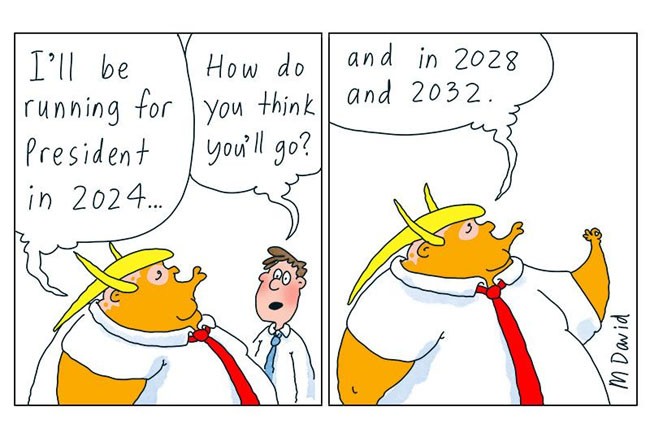Last Monday, I wrote about the global need for us to abandon meat production for food, and, instead take up plant-based diets. Many people interpreted that argument as a personal attack on their dietary freedom, which indicates they fell into a fallacy of composition trap and declined to see the global issue. As part of my series on the Degrowth agenda, the other aspect about food which is important is that we have a propensity to produce too much food and distribute what we produce unfairly. I will deal with the distributional issues in another post. Today, I want to talk about the over-abundance of food in nations which means too much land, water and other resources is devoted to its production with commensurate negative environmental consequences. One manifestation of that phenomenon is food loss and food waste, which are different terms for the segment of the food supply chain where wastage occurs. If we are serious about dealing with the environmental disaster then we have to eliminate or dramatically reduce wastage.
Reading
By Patrick Lawrence / Original to ScheerPost I love Wang Yi’s response when The New York Times’s Michael Crowley caught him in a hallway at the Munich Security Conference Saturday and asked the Chinese foreign minister if he planned to meet Secretary of State Antony Blinken on the sidelines. “He simply chuckled,” Crowley wrote of […]
The post Patrick Lawrence: Munich as Propaganda Fest appeared first on scheerpost.com.
4,000,000,029,057. Remember that number. It’s going to come up again later. But let’s begin with another number entirely: 145,000 — as in, 145,000 uniformed soldiers striding down Washington’s Pennsylvania Avenue. That’s the number of troops who marched down that very street in May 1865 after the United States defeated the Confederate States of America. Similar legions of rifle-toting troops did the same after World War I ended with the defeat of Germany and its allies in 1918. And Sherman tanks rolling through the urban canyons of midtown Manhattan? That followed the triumph over the Axis in 1945. That’s what winning used to look like in America — star-spangled, soldier-clogged streets and victory parades. Enthralled by a martial Bastille Day celebration... Read more
Between 1993 and 2011 the Department of Justice Antitrust Division issued a trio of policy statements (two during the Clinton administration and one under Obama) regarding the sharing of information in the healthcare industry. These rules provided wiggle room around the Sherman Antitrust Act, which “sets forth the basic antitrust prohibition against contracts, combinations, and conspiracies in restraint of trade or commerce.”
And it wasn’t just in healthcare. The rules were interpreted to apply to all industries. To say it has been a disaster would be an understatement. Companies increasingly turned to data firms offering software that “exchanges information” at lightning speed with competitors in order to keep wages low and prices high – effectively creating national cartels....
Conor Gallagher
 A court decision last week green lights bold defamation action against the English-speaking world’s most powerful media empire. read now...
A court decision last week green lights bold defamation action against the English-speaking world’s most powerful media empire. read now...
Week-end Wrap – Political Economy – February 19, 2023
by Tony Wikrent
War
“The Sy Hersh effect: killing the messenger, ignoring the message”
[Responsible Statecraft, via Naked Capitalism Water Cooler 2-16-2023]